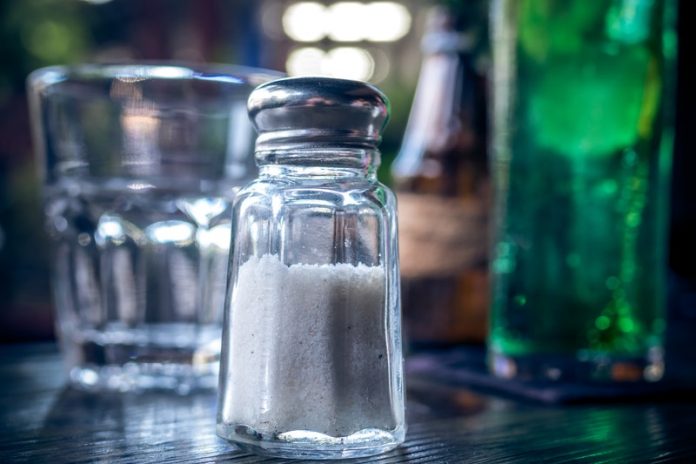
Last October, the U.S. Food and Drug Administration (FDA) finalized a set of short-term, voluntary goals for lowering salt levels in foods—five years after they were proposed in 2016.
In a new study from the Queen Mary University of London, researchers found the delay cost thousands of lives and concluded that if the food and restaurant industries would have adopted the lower salt levels, as many as 265,000 lives could have been saved between 2017 and 2031.
Experts have estimated that high salt intake causes as many as 100,000 deaths from heart disease and stroke each year in the United States.
Reducing the current average intake of 8.5g/day to 6g/day has been estimated to save $18 billion in health care costs and reduce the number of high blood pressure cases by 11 million annually.
Lowering salt in packaged and prepared foods in the American diet has been proven to protect against high blood pressure, a major cause of strokes, heart attacks, and kidney disease.
This study shows how vital it is for governments to take strong measures to lower salt as soon as possible.
The months and years most governments have taken to lower salt is causing many thousands of unnecessary and premature deaths every year.
The team says reducing salt in the food supply can help reduce the rates of hypertension and cardiovascular disease—particularly among those who are burdened by these conditions.
These modest changes will save hundreds of thousands of lives and billions in annual health care costs. The FDA must fully commit to fast-tracked implementation of the new targets and track industry progress.
While FDA’s delay caused many deaths, the study estimates that gradually reducing salt intake to the recommended levels will save about 446,000 lives between 2021 and 2031, notwithstanding the delay in setting targets.
If you care about nutrition, please read studies about the best diet for fatty liver disease treatment, and this common tea may help you lose weight while sleeping.
For more information about wellness, please see recent studies about dietary supplements that could prevent heart disease, stroke, and results showing that low-protein diets may help you live longer, preventing chronic diseases.
The study is published in Hypertension and was conducted by Graham A. MacGregor et al.
Copyright © 2022 Knowridge Science Report. All rights reserved.



